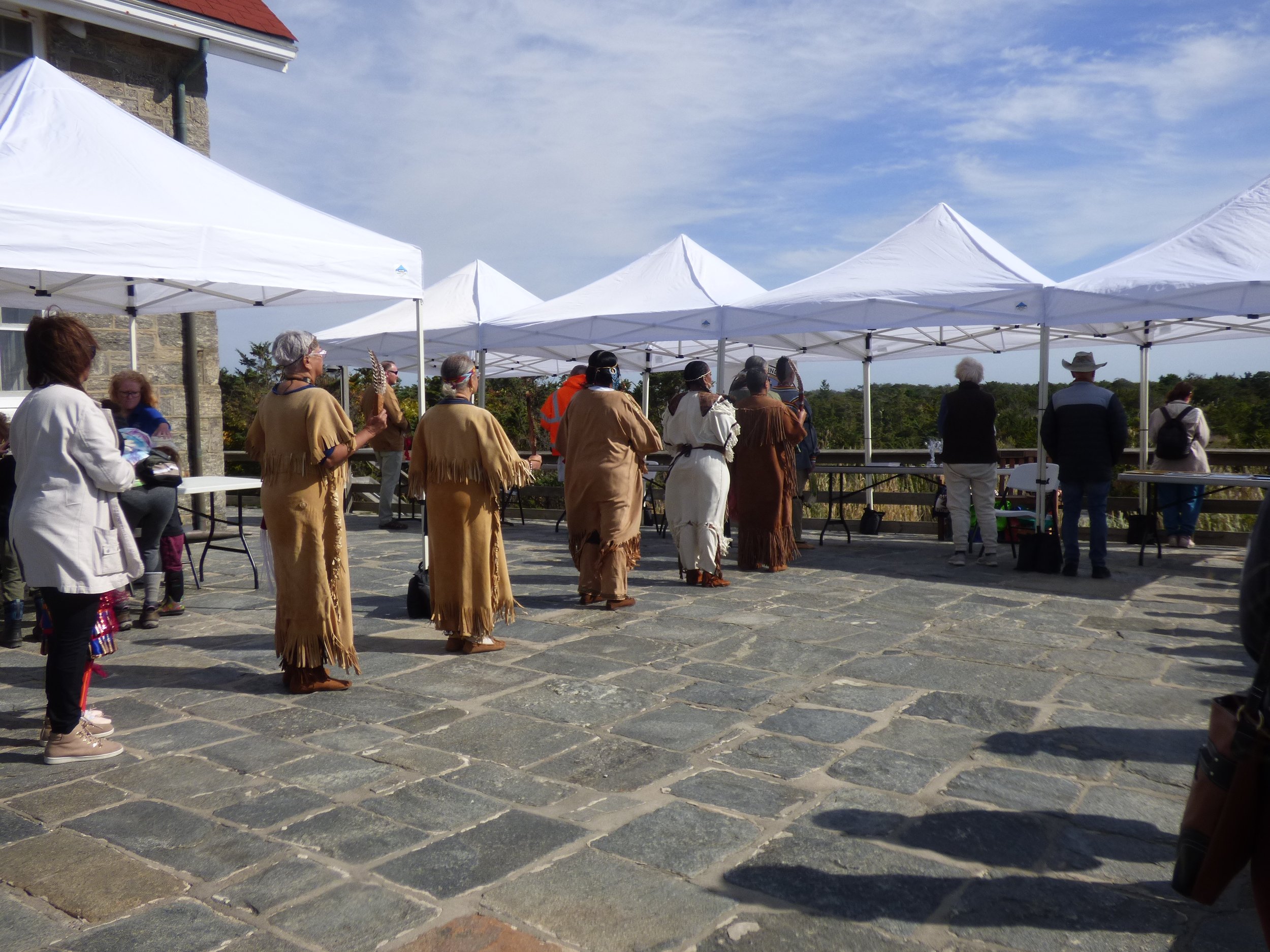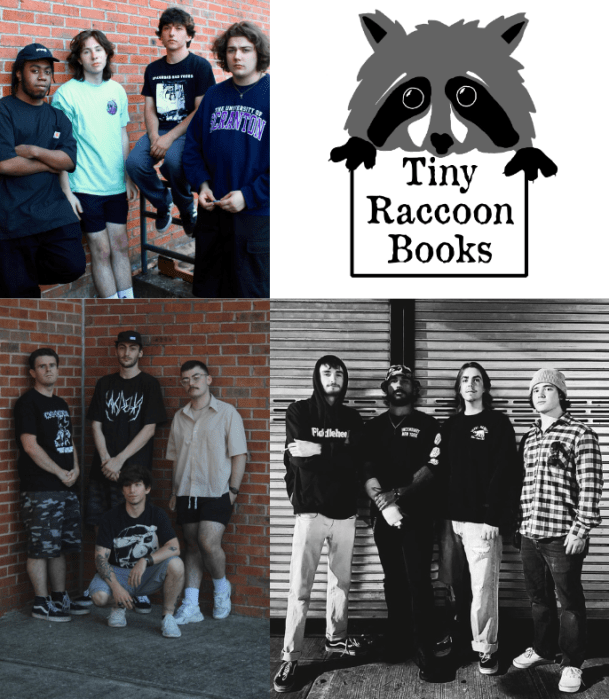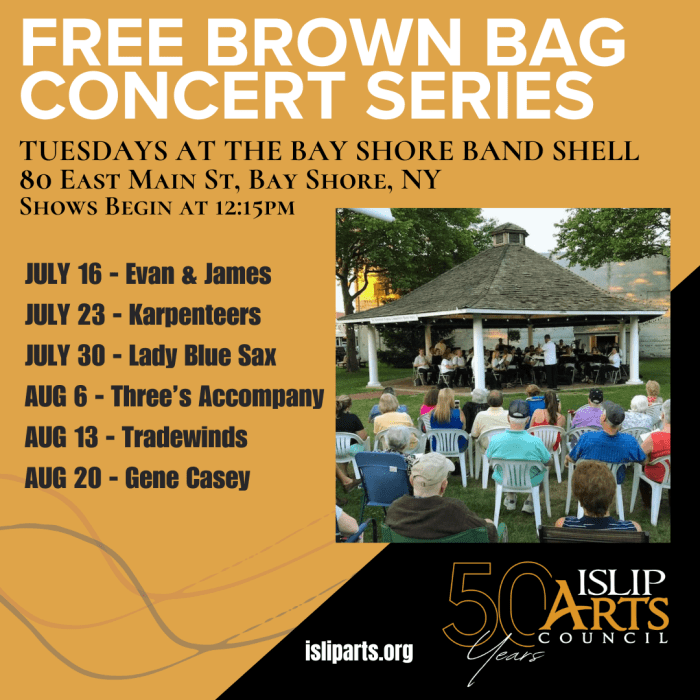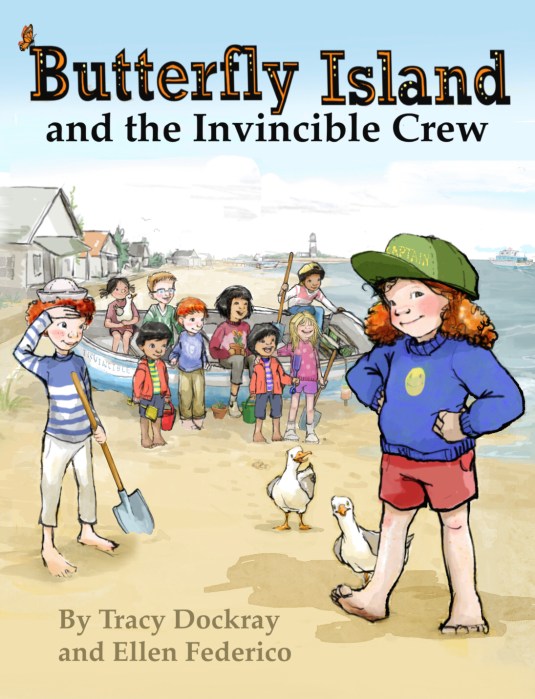The Montaukett tribal nation was historically one of the largest Algonquian-speaking tribal nations in lower New York. Surviving thousands of years through the elements of nature, the Montaukett is fighting to reinstate their New York State recognition and future.
Currently, the New York State legislator sent a bill passed with strong bipartisan support to reverse the 1910 court case Pharoah v. Benson, which stripped the nation of its state tribal status. This will be the fifth time the bipartisan-supported bill has reached the governor’s desk since 2013. Governors Andrew Cuomo and Kathy Hochul have both vetoed this bill.

Before European contact, the Montaukett Tribe’s primary revenue was the premier supplier of wampum (wampum is carved/ cut shells made into beads strung together that are used as currency) for the other Algonquian-speaking nations.
In 1648 over 30,000 acres were purchased by English settlers to create the town of East Hampton. Under the leadership of Governor Thomas Dongan in 1686, trustees were appointed to the Montaukett in an effort to moderate relations between the settlers and the tribe. The trustees would later negotiate that the lands they held would be “theirs and their heirs in perpetuity.” This will become the legal language that made all land purchases between the tribe not a private transaction but a transaction between the state and local government.
The original trial that revoked the recognition was over an illegal land purchase by Arthur Benson, who sold a portion of the land to the Long Island Rail Road. In multiple legal filings that stretched over a decade from Chief Pharaoh to maintain ownership, the final trial was in 1910.
Presiding Judge Abel Blackmar stated the following in his racist opinion:

“Prayer to the East,” performed at Fire Island Lighthouse by members of the Montaukett Nation on Indigenous Americans Day. Photo by Shoshanna McCollum.
“For nearly two hundred years, the Indians and their descendants lived on Indian Field. The inhabitants of East Hampton, the owners of the fee of the land subject to their rights, never disputed those rights; but, by a long course of dealing, recognized them. During this long period, the number of Indians was greatly reduced. Their blood became so mixed that in many of them, Indian traits were obliterated. They had no internal government and lived shiftless lives, hunting, fishing, cultivating the ground “Indian fashion” as a witness called it, and often leaving for long periods and working in some menial capacity for the whites” [SIC].
This ruling stripped over 10,000 acres of ancestral land from the Montaukett and their legal sovereignty. In one tap of a gavel, 300 years of treaties between the tribe and the state were void.
Sandi Brewster-Walker, a spokesperson for the Montaukett Tribe, stated: “This is not recognition but the reinstatement of our status. Our only hope is that the governor and her staff will understand our plight and decide to reinstate us.”































